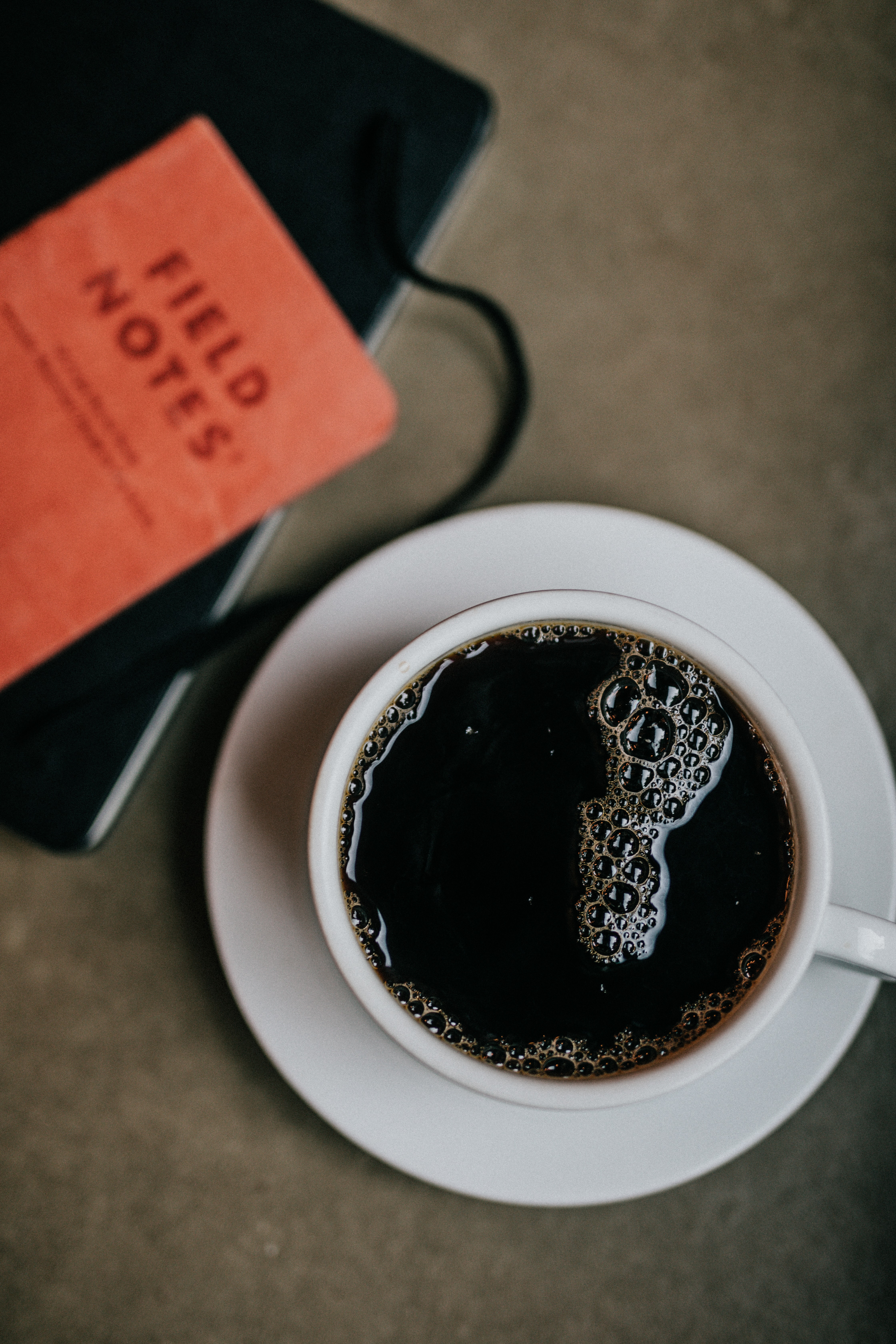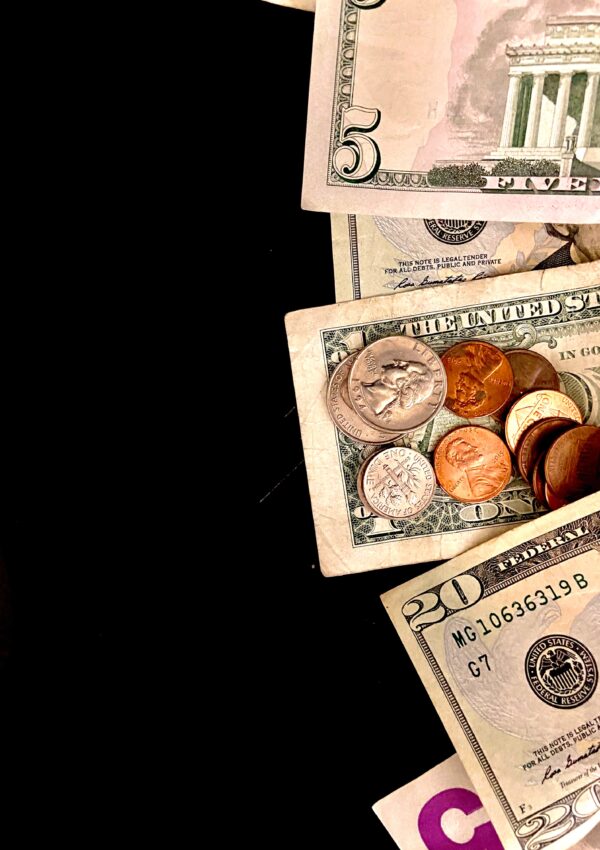Once upon a time after I spent too much time on YouTube, I fell down the rabbit hole of watching the “What I Spend in a Week” videos that trended heavily on the platform at the end of 2019 and beginning of 2020.

What I Spend in a Week – YouTube Trend
Lexie Lombard is the lifestyle vlogger who saw a mom budgeting channel vlog her spending in a week as a mom of 3 and decided to film her own version about what she spent in a week as a 23 year old living in New York City.
The video style is still popular today and follows the same basic format:
- The vlogger writes down every expense in a week
- Narrates what she did that week, backed by aesthetic clips of course
- Explains the rationale behind her expenses and spending
- Tallies the grand total
- And ends with the inevitable shock of how much she spent
One husband and wife channel spent over $2,000 in a week living in Los Angeles, California–the same couple prefaced the video by saying they budget quarterly and routinely track they’re spending.
After gingerly sharing the grand total of their week, we get the same inevitable shock as they realize they were not tracking very accurately, including not realizing they spent over $550 on food and groceries alone.
To be fair, most of these videos are set in the most expensive cities in the U.S., New York and Los Angeles, where many online creators live for content purposes.
The videos are amusing and shocking to watch, and they’re a good reminder of the importance of tracking spending in personal finance.
Why It’s Important to Track Your Money
1. To Avoid Being Shocked
Being shocked by your own finances is something I think we can all agree we want to avoid. Mainly so we don’t end up with financial issues we didn’t know we had.
Secondly, so that we know we are prepared for the unforeseen ‘uh-oh’ moments life can throw our way–cough, cough being furloughed during a pandemic, anyone? Thinking you know what you have only to be blind-sided with an alternate truth is one of the worst feelings.
Tracking spending is important because it shows you what you have and what you don’t. It’s like a main vital sign of someone’s personal finances.
2. For Peace of Mind
I track money for peace of mind. I like knowing what I’m spending my money on and where we are with our savings goals. The way for me to know this and feel like I’m on top of things, is to track our spending every month.
While that may sound like the most boring thing a person could possibly do, I have a system with Google Sheets that is quick and easy. I’m able to track our spending and savings each month in less than 1 hour.
Tracking spending gives me peace of mind because it gives me an accurate idea of what we may need to adjust or look into. It also allows me to catch errors or fraud.
3. Because It Can Be Fun
Setting goals to save a certain amount for an investment or for something really nice that you want, like a new car, exciting vacation, or bathroom renovation, can make tracking spending a fun process as you get closer and closer to reaching your goal.
I know that sharing our month-end numbers with my husband after tallying our savings total has made the habit a fun thing for us to share. At the end of each month, we take a few minutes to review everything and see where we are.
It’s really encouraging some months and really mediocre other months, depending on the expenses we had. Regardless, we always end with a more grounded idea of where we truly stand and a reminder of our goal to spend mindfully.
I will of course admit that this was not always a fun thing for us. We enjoy this habit now because we’ve put in the groundwork to set up certain budgets and goals. It all started with simply tracking where our money was going and chipping away at it from there.
4. Track Spending in Your Own Style
Tracking spending looks different for everyone. It depends on how a person views money, personality type, age, stage of life, and the list goes on.
I used to track my spending every day or so with a pocket calendar notebook system when I was single. After I got married and joined finances with my husband, I switched to using Excel and now I use Google Sheets. I have also switched up the frequency of my tracking. I used to enter our spending once a week, but for the most part, I now tackle it in one sitting at the end of the month. It gets more predictable and easy over time.
If you share your life with a significant other, odds are he or she will have a different style of tracking than you.
While I am more interested in knowing the nitty gritty of our overall spending and like having the ability to compare savings to previous months and run different reports, my husband is more of a big picture guy.
Now that we have a handle on our household spending, he likes to keep track of our gross numbers so he can make big picture calculations as the visionary of the two of us.
His style of tracking wasn’t always like this, though. When he was single and paying off debt, his goal was to simplify his bills as much as possible so there was less to keep track of. In true ‘all or nothing’ form, when he was in debt-paying mode, he was working and doing nothing else.
Everyone has their own style. Figuring out what works for you and how to work with your spouse when it comes to finances is a process that takes groundwork, but it is worth it in the long run.
5. Tracking Spending Helps You Budget
Budgeting and tracking spending are not the same thing.
Budgeting is the framework of personal finance. It limits the expenses, hobbies, and enjoyments that can quickly get out of hand when we spend.
Tracking spending is writing down how you spend and where you spend. It is the foundation of budgeting and reveals areas that may need to be limited.
Budgeting is for Chick-fil-A, grocery shopping, traveling, and clothes, it isn’t so much for paper towels or toilet cleaner, because when is the last time you over spent on cleaning supplies?
If you’re interested in budgeting, tracking spending is a GREAT place to start.




